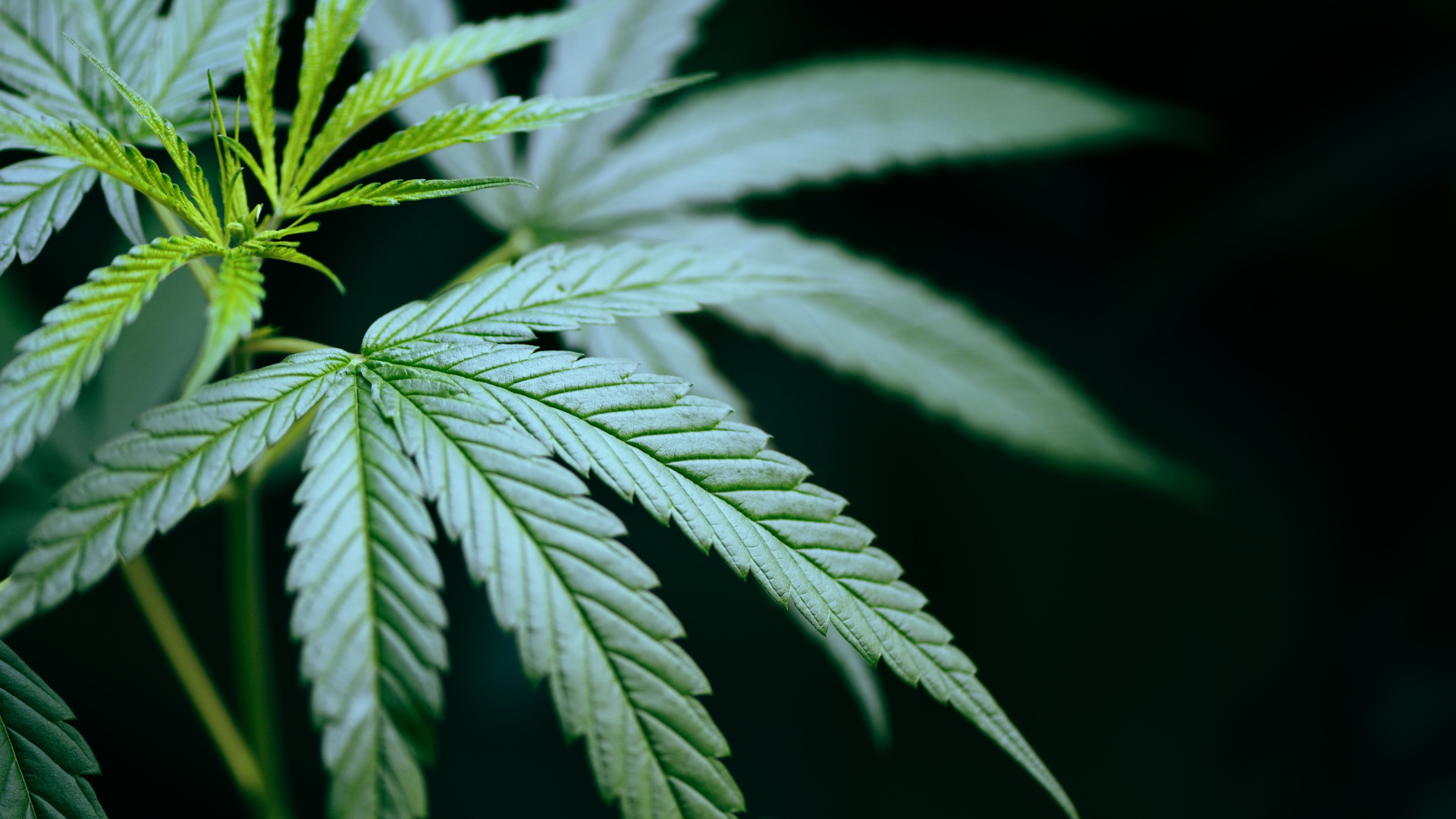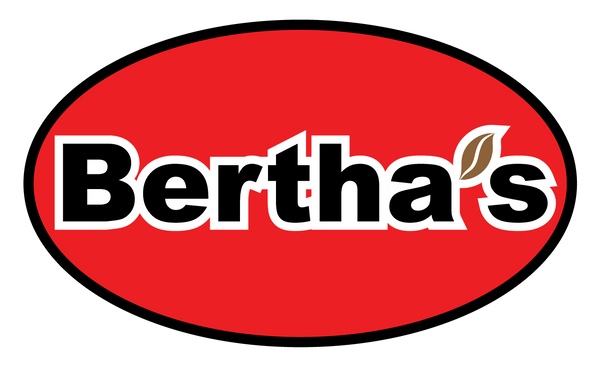
What is HHC?
Learn about all of the benefits of HHC products.
HHC Learning Center
HHC 101
Hexahydrocannabinol, or "HHC," is a cannabinoid, and it's a long-recognized cousin of THC in scientific circles, has recently gained attention among THC users. As a minor cannabinoid, it exists naturally in Hemp but in quantities too small for practical extraction. Although commercial production of HHC is just beginning, its widespread recognition remains limited.
Similar to the conversion of other cannabinoids like Delta-8 THC and Delta-10 THC, HHC is synthesized from hemp-derived CBD through chemical processes in a laboratory setting. Notably, HHC holds a significant legal distinction from Delta-8 and Delta-10: it does not bear the label of THC.
The History of HHC
In the 1940s, chemist Roger Adams discovered HHC by employing a process known as hydrogenation, where hydrogen is added to the THC molecule, altering its physical characteristics. This breakthrough, documented in a 1947 patent, involved replacing a double bond in Delta 9 THC with two hydrogen atoms, thereby increasing stability and resistance to environmental factors such as heat and UV light. Mark Scialdone, Chief Science Officer of BR Brands, notes that hydrogenation enhances HHC's shelf life by mitigating thermo-oxidative breakdown.
Can HHC be Detected in Drug Tests?
There are indications that HHC might not undergo the same metabolic processes as THC within the body. Unlike Delta 8, Delta 9, and Delta 10 THC variants, there is some suggestion that HHC does not metabolize into 11-hydroxy-THC, a common target in drug screenings.
However, this remains unconfirmed and requires further research. As a precaution, individuals should be aware that the potential presence of HHC in blood, urine, or hair following use is uncertain. For those subject to workplace drug testing, refraining from HHC use is advised to avoid jeopardizing employment.
Shop HHC Products
-

Pineapple Powerhouse THC-A Disposable 3.5G
-

Artic Gas THC-A Disposable 3.5G
-

Mango Orange Runtz THC-A Disposable 3.5G



